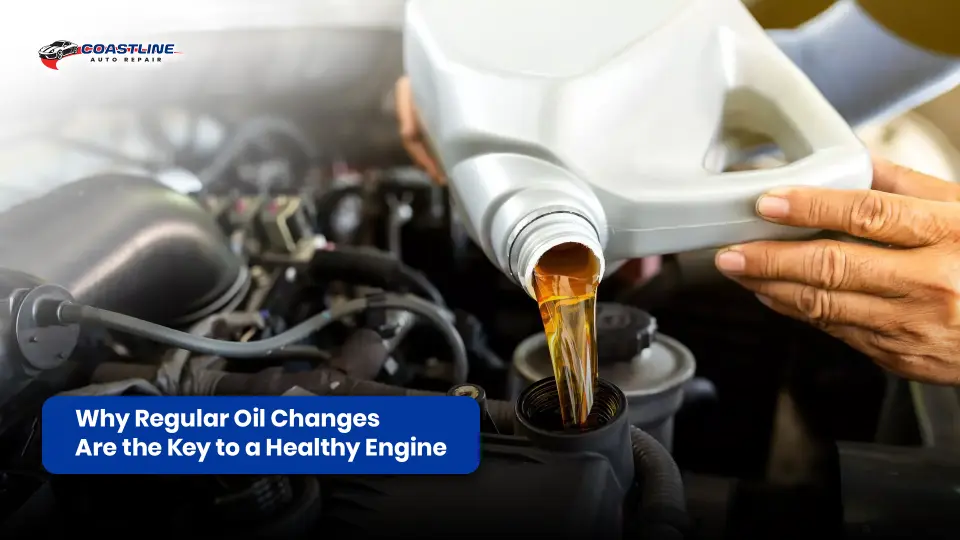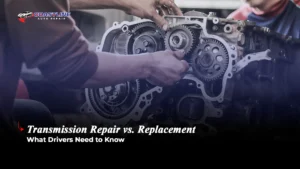Imagine trying to power through your day without eating — sounds terrible, right?
Well, that’s exactly how your car feels when you skip oil changes. It might seem like “just another task” on your to-do list, but regular oil changes are one of the simplest and smartest ways to keep your engine happy, healthy, and running like a dream.
Let’s break it down and see why this 15-minute job can save you from heartache (and wallet-ache) down the road
What Does Engine Oil Really Do?
Your engine has hundreds of moving parts. And oil is what keeps them all working in harmony. Here’s how:
- Lubricates the engine parts to reduce wear and tear
- Cools the engine by carrying heat away
- Cleans by catching dirt, metal particles & sludge
- Protects against rust and corrosion
But here’s the catch oil doesn’t last forever. It gets dirty, breaks down, and stops doing its job. That’s why regular oil changes are non-negotiable.
Benefits of Regular Oil Changes
Better Engine Performance
Clean oil means less friction. That means a smoother, quieter, and more powerful drive every time you hit the road.
Longer Engine Life
Think of oil changes as health check-ups for your car. They prevent damage and extend your engine’s life.
Fuel Efficiency Boost
Dirty oil = more work for your engine = more fuel burned. Clean oil keeps your MPG on point.
Avoids Expensive Repairs
Replacing oil costs little. Replacing an engine? Not so much. Regular oil service helps you avoid major breakdowns.
Keeps Your Warranty Safe
Skipping oil changes can void your warranty. Staying on schedule protects your vehicle—and your wallet.
How Often Should You Change Your Oil?
Most experts recommend every 5,000 to 7,500 km—but it depends on your car, oil type, and driving habits. Newer cars with synthetic oil can go even longer. Always check your owner’s manual or ask your mechanic.
Conclusion
Regular oil changes are one of the simplest yet most effective ways to protect your engine, boost performance, and avoid costly repairs. It’s a small investment that pays off in big ways—better fuel economy, a longer engine life, and peace of mind every time you drive.




